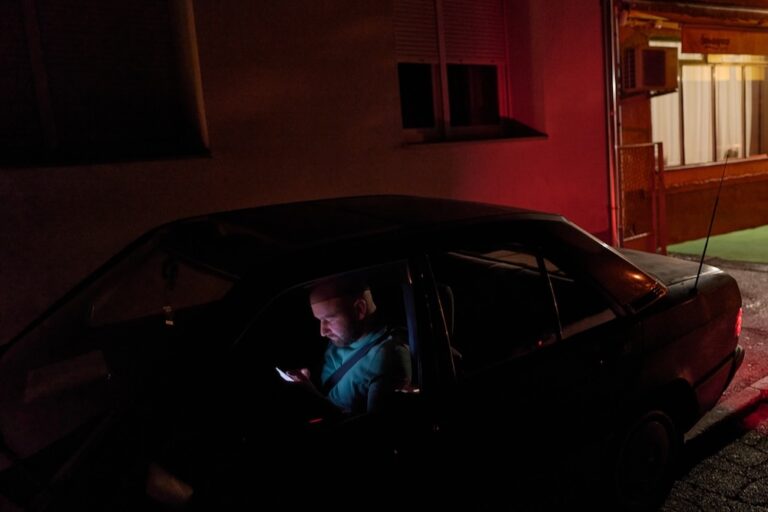On 20 April 1996, Austrian journalist Gregor Mayer, who had been sent to Bosnia by the Austrian magazine “Profil”, and his Yugoslav interpreter, Zoltan Nemeth, himself a journalist from “Novi Sad” in Vojvodina, were refused access to the Republika Srpska at the Karakaj border post. Bosnian Serb police sent them back to the Mali Zvornik […]
On 20 April 1996, Austrian journalist Gregor Mayer, who had been
sent to Bosnia by the Austrian magazine “Profil”, and his
Yugoslav interpreter, Zoltan Nemeth, himself a journalist from
“Novi Sad” in Vojvodina, were refused access to the Republika
Srpska at the Karakaj border post. Bosnian Serb police sent them
back to the Mali Zvornik border post in western Serbia on the
grounds that they did not have the necessary accreditation from
the “international press centre” in Pale. When contacted by
telephone and fax, the centre refused to grant Mayer and Nemeth
accreditation. While citing no reason for the refusal, the post’s
commander showed Nemeth a notebook in which the journalist’s name
had been written. He claimed that the notebook contained the
names of journalists he had to turn back.
On 22 April, the two journalists were driving from Potocari to
Srebenica when Bosnian Serb police ordered them to stop their
vehicle. When they showed their IFOR (North Atlantic Treaty
Organisation implementation force) accreditation, the police made
them turn back because, again, they did not have accreditation
from the “international press centre” in Pale.
On 24 April, Mayer and Nemeth were investigating suspected
massacres of Muslims in the hamlet of Branjevo, between Zvornik
and Bijeljina, when a police officer from the Republika Srpska
forced them to return to the Sepak border post. Mayer’s camera,
four unused films and a notebook were confiscated. He was given a
receipt and promised he could reclaim them in Zvornik a week
later. The two men were then told to cross the border into
Serbia.
In mid-March, authorities in Pale reportedly told Nemeth that
there was no question of granting him accreditation when he went
to Bosnia-Herzegovina with Mayer, saying that Mayer was liable to
“give a negative impression” of them.
Recommended Action
Send appeals to authorities:
of “blacklists” of journalists by the Bosnian Serb authorities
movement, reminding them that, under the terms of implementation
of the Dayton accords, the Bosnian government and the Bosnian
Serbs undertook on 25 January to guarantee journalists’ freedom
of movement on their respective territories. Moreover, Article 2,
paragraph 2 of the Constitution of Bosnia-Herzegovina refers to
the European convention on human rights and fundamental freedoms
as taking precedence over any other law
Appeals To
Mr Carl Bildt
High Representative of the International Community
Sarajevo
Bosnia-Herzegovina
Fax: +387 71 447 583
also, send appeals to President Radovan Karadzic protesting
against the harassment of the two journalists:
Dr Radovan Karadzic
President
Republica Srpska
Pale, Bosnia-Herzegovina
Fax: +387 71 783 566/+387 71 783 324
Please copy appeals to the originator if possible.


